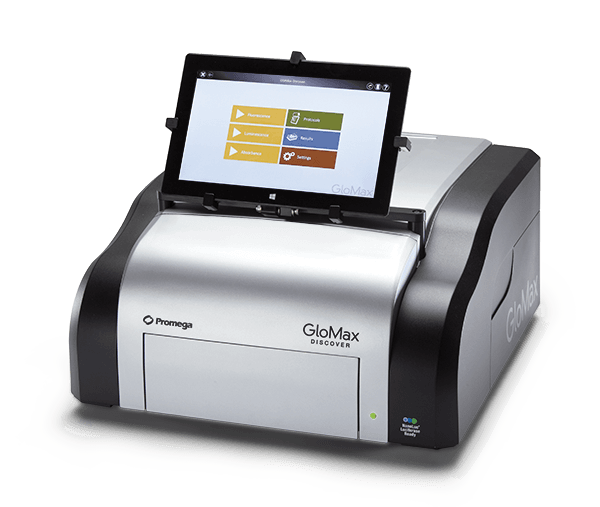Cellular Agriculture Research Tools
Cellular agriculture is the production of animal-based foods using cell culture. Using cells to produce foods, such as cultivated meat, could lower environmental impact, produce safer products, generate consistent supply, and improve animal welfare. Similarly, plant-based meats are derived from plant protein but designed to mimic the qualities of animal and cultivated meat. Many believe that cultivated and plant-based meat could be the sustainable solution for feeding the growing global population. We support cellular agriculture and alternative protein research by providing easy-to-use tools for cell culture optimization and genome/protein analysis.
Have challenges in cellular agriculture research? We’re here to help!
Optimize Cell Culture with Cell-Based Assays
A major challenge in producing cultivated meat is being able to scale up culture in a cost-effective manner. Scientists continue to improve cell lines and optimize serum-free growth media in search for a solution. Assessing cell health throughout this process is crucial for determining the effectiveness of optimization. This is because small changes in cellular conditions, such as culture media, growth factors or cell density, can have a significant effect on cell health. To support this effort, we provide easy-to-use cell-based assays and instruments that measure cell viability and energy metabolism for convenient assessment of cell health.

Cell Viability and Cytotoxicity Assays
Our portfolio of cell viability and cytotoxicity assays can be used together to provide a comprehensive assessment of cell health in multiple model systems and sample types, including monolayer cell cultures, 3D microtissues, organoids, primary cells, and stem cells.
Energy Metabolism Assays
We offer energy metabolism assays that can easily measure metabolic activity, including glucose uptake, lactate, glutamine, oxidative stress and dinucleotide detection assays. These non-radioactive, bioluminescent methods are powerful research tools for measuring metabolic changes when optimizing cell culture conditions.
GloMax® Instruments
GloMax® instruments are designed to maximize performance of our cell-based assays. They are highly sensitive, easy-to-use microplate readers with luminescence, fluorescence and absorbance detection capabilities. These high-performance instruments are offered in a choice of configurations to suit varying detection needs, from dedicated luminometer to advanced microplate reader functionality.

Analyze Your Product with Molecular Tools
Producing high-quality plant-based or cultured meat requires understanding the genomic and protein components within the product. Genetic engineering techniques can be used to generate engineered plants or cells with enhanced traits, such as taste, nutritional value, or growth rate. Defining the protein composition within products is also important for quality control and lot release purposes and can be done using mass spectrometry. Our broad range of molecular biology tools can support genomic and protein analysis of your product.

Nucleic Acid Analysis Tools
Our nucleic acid extraction chemistries cover a full range of sample throughput needs—from single-prep manual solutions to plate-based systems compatible with robotic liquid handlers. We also offer convenient kits for endpoint PCR, qPCR and RT-PCR.
Maxwell® RSC 48 Instrument
Benchtop instrument for automated nucleic acid purification of 1–48 samples. For Research Use Only.
AS8500
GoTaq® Master Mixes
Ready-to-use master mix format with GoTaq® DNA Polymerase. Just add template, primers and water.
M7122, M7123, M7132, M7133
Quantus™ Fluorometer and NGS Starter Package
Two fluorescence channels for nucleic acid and protein quantitation. Available in bundle for NGS applications.
E6150, E5150
QuantiFluor® ONE dsDNA System
"Add-and-read" quantitation of double-stranded DNA. Includes DNA-binding dye, lambda DNA and buffer.
E4871, E4870
Protein Analysis Tools
When using mass spectrometry to characterize proteins in food products, proteases are often needed to digest the proteins into smaller peptides. We provide high-quality proteases, including trypsin and alternative proteases specifically developed for mass spectrometry applications.